New name.
Same mission.
LIRS is now Global Refuge.
Welcoming newcomers since 1939.
See Our EvolutionLIRS is now Global Refuge.
Welcoming newcomers since 1939.
See Our EvolutionThe browser you are using is not supported. Please consider using a modern browser.
Our roots are planted in the foundation of support and dignity.
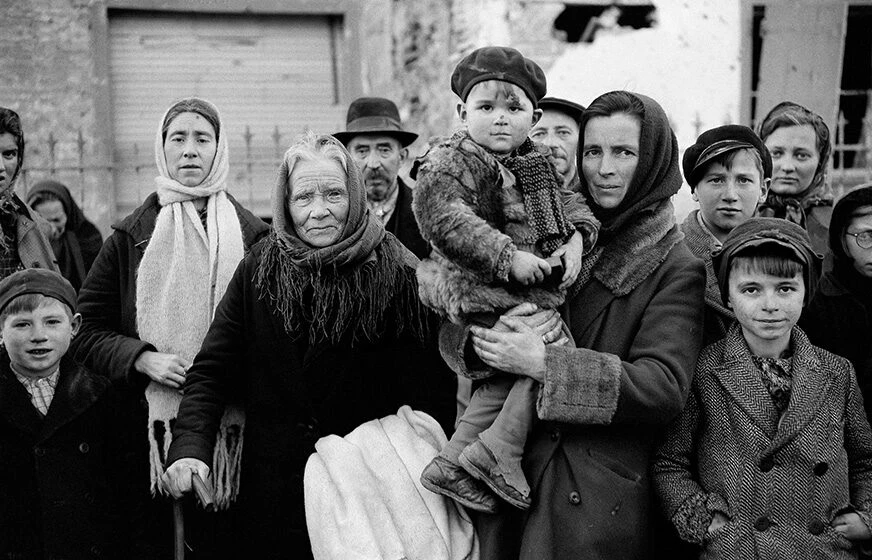
From the very beginning, we’ve been an organization of help. During World War II, the first iteration of Global Refuge (the National Lutheran Council) provided assistance and services for refugees from Germany and Eastern Europe. In the decades since, we’ve been building on that work by expanding our reach and resources for people in search of new beginnings around the world.
There have been many crises that have forced our global neighbors to leave their homes. From help for Hungarians to the crisis in Cuba, conflicts in Uganda, Vietnam, The Balkans, Afghanistan, Iraq, and more — we’ve been collaborating to provide a safe haven for individuals and families.
Today, our commitment to humanity endures with open arms, open hearts, and open doors. We’re continuing to facilitate new beginnings with economic empowerment, mental health services, and family reunification.
As long as there are people in need of a warm welcome, we’ll be here to help them find firm footing.
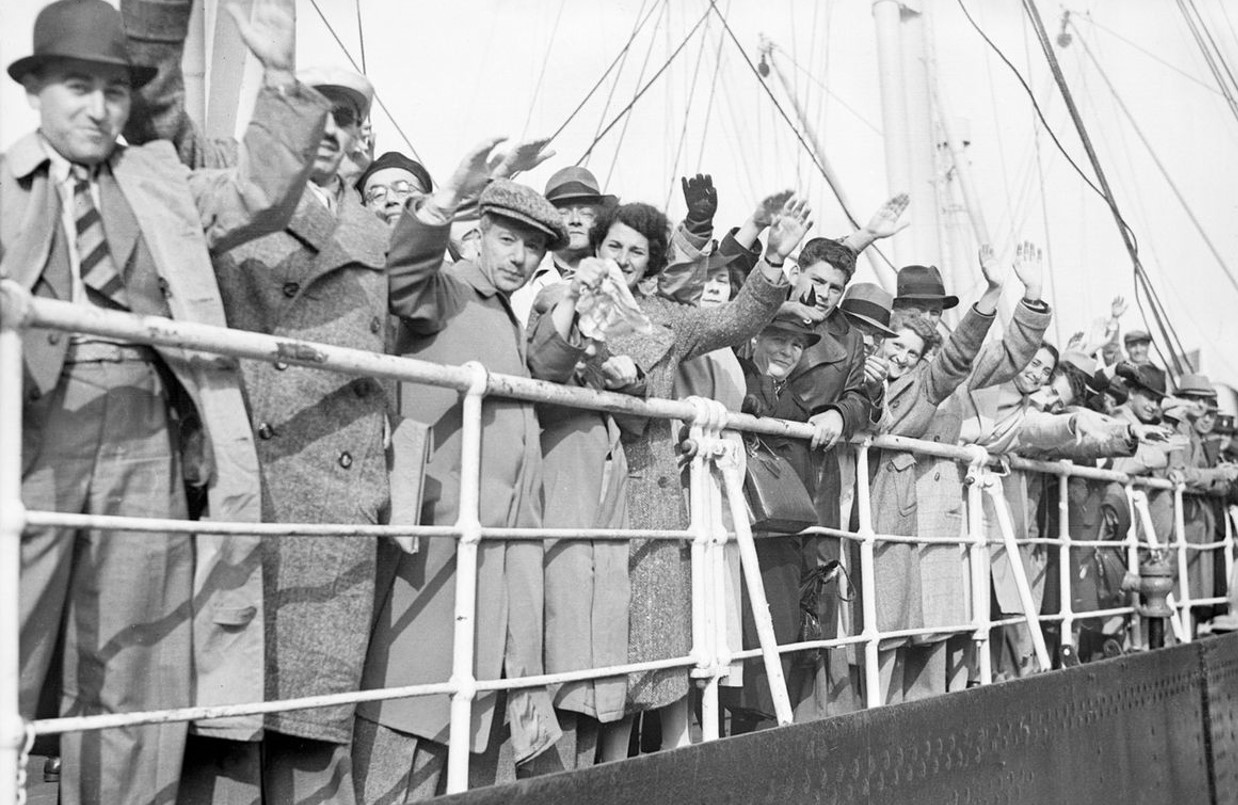
The New York-based National Lutheran Council (NLC), founded in 1918 to respond to such post-World War I needs as immigration and refugee resettlement, sets up a Welfare Department with an office for the “rehabilitation and placement of Lutheran refugees.” It helped 522 refugees in its first year of operations.
Following the immediate aftermath of WWII, our organization resettled 30,263 Displaced Persons from Germany and Eastern Europe.
Our organization resettles 30,263 displaced people from Germany and Eastern Europe at the end of World War II. In 1956, more than 50,000 people flee Hungary. We resettle over 1,500 refugees.
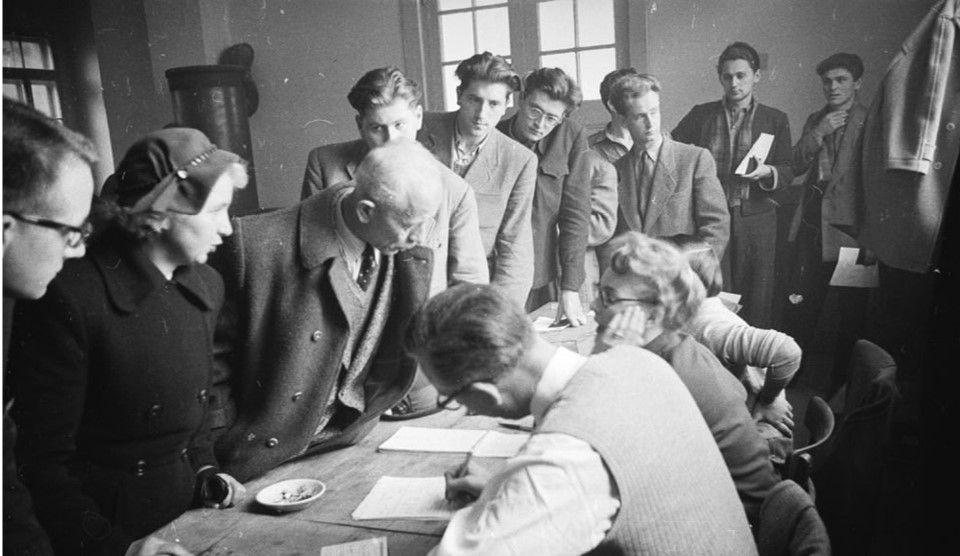
In October, 1956, student and factory workers of Budapest rose against the Soviet-imposed communist regime. In six days of fighting, they forced government troops to withdraw from the city. But, four days later, Soviet tanks stormed back into the city and crushed the revolution. More than 50,000 Hungarians fled the country. Our organization resettled over 1,500 Hungarian refugees.
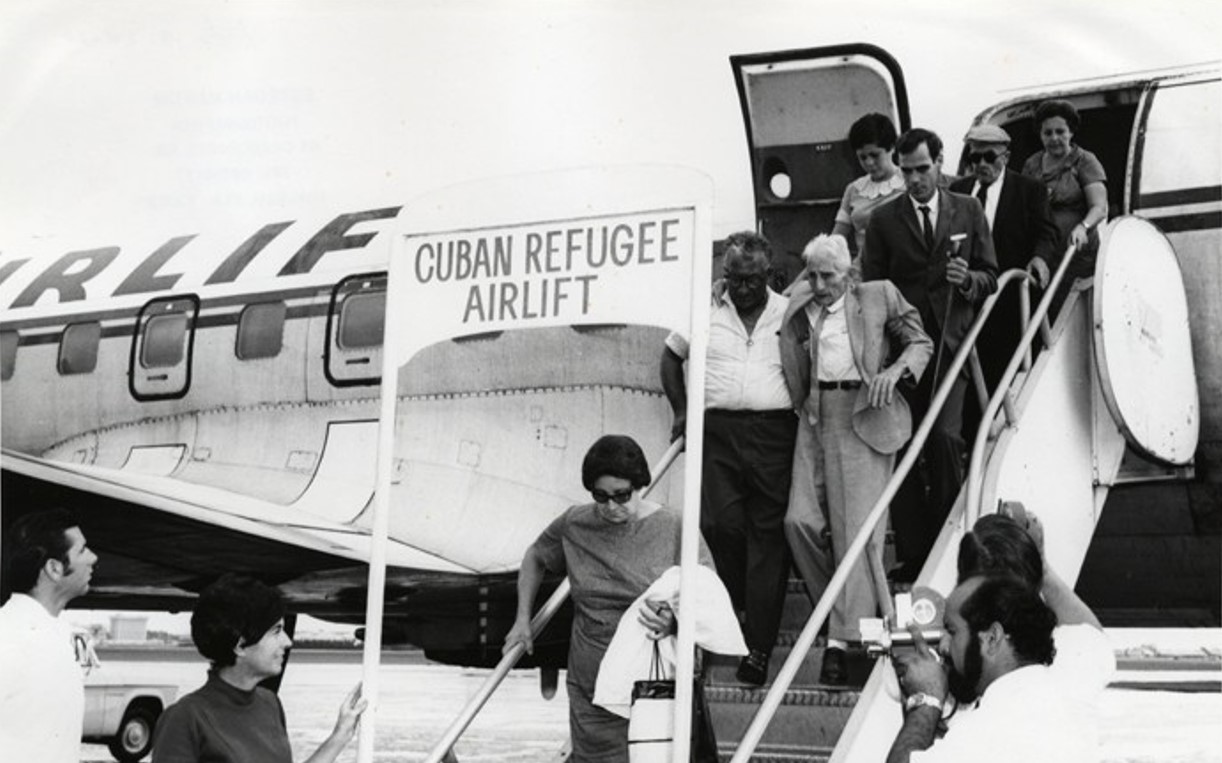
Cuban rebel Fidel Castro overthrows his country’s regime and implements a communist government, triggering a flow of refugees seeking asylum. 100,000 Cuban refugees arrived in Florida and our organization was invited to assist in their resettlement.
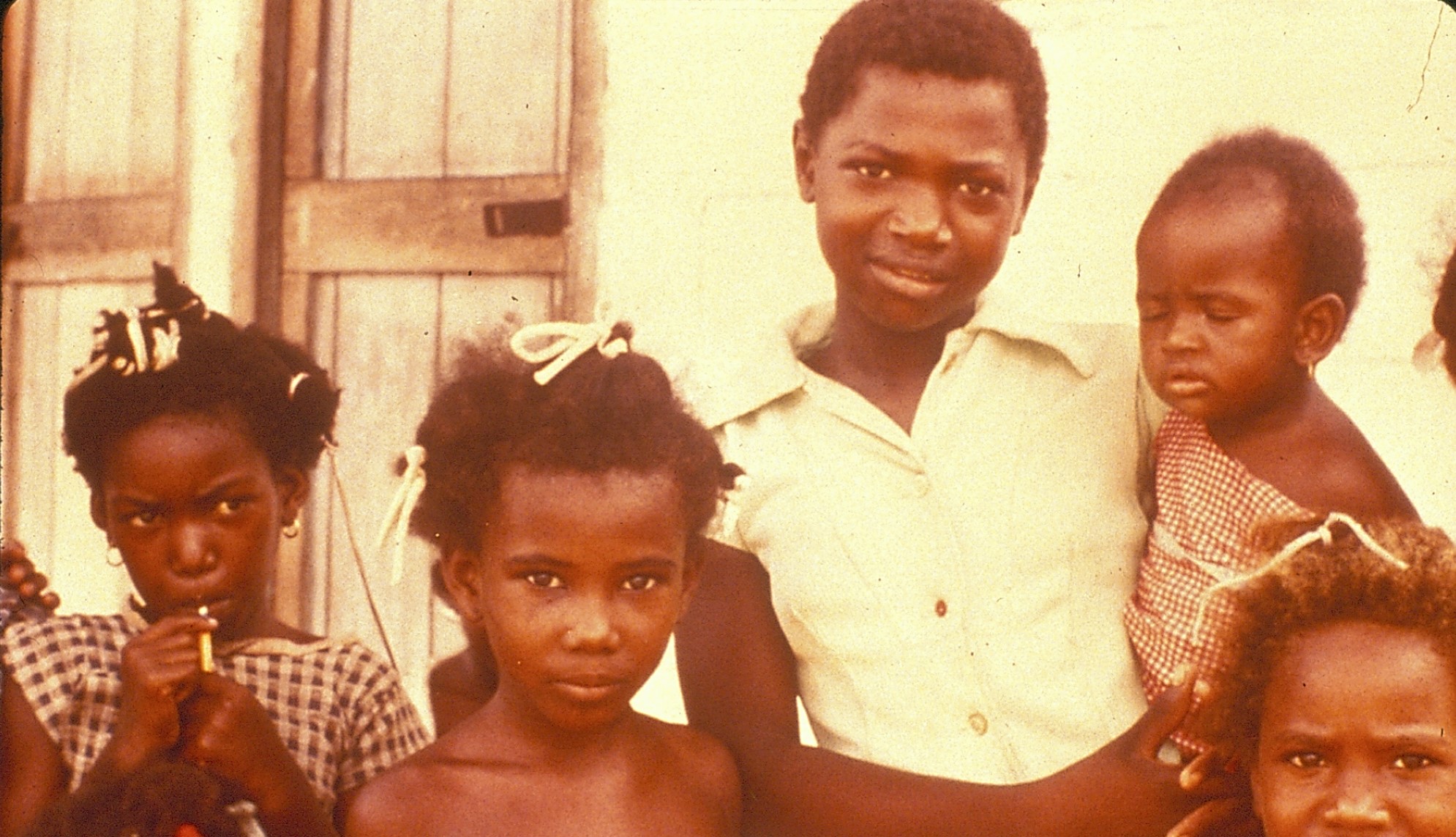
After Ugandan dictator Idi Amin expels 75,000 citizens from their country, the U.S. accepts 2,000 as humanitarian parolees. Our organization, now called Lutheran Immigration and Refugee Service, welcomes 600 new arrivals as a result.
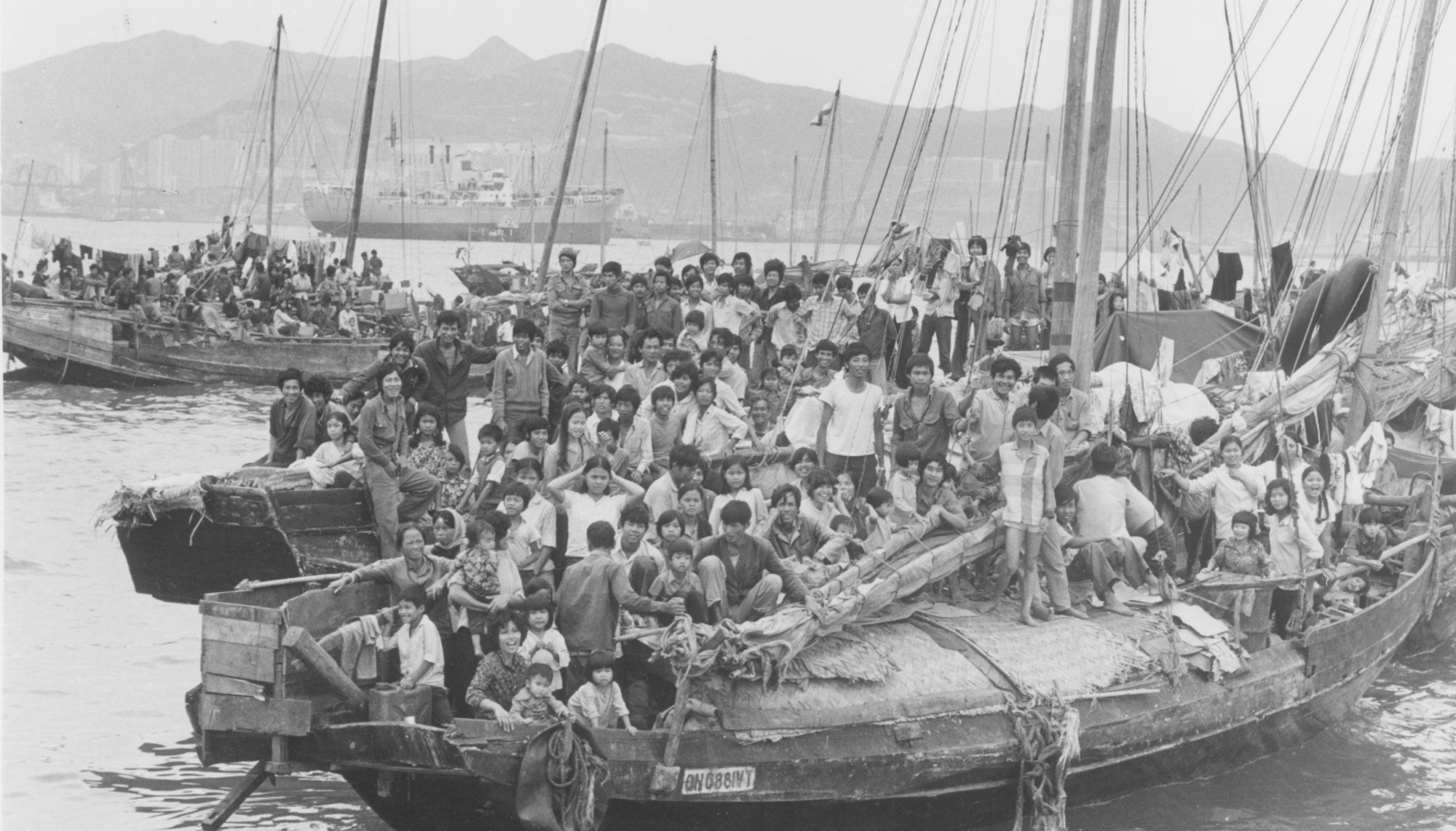
Within weeks of the fall of Saigon, we grow exponentially, transforming from a four-person team into a crisis-response organization with a staff that is 100 strong. By year’s end, we have overseen the resettlement of more than 15,000 Vietnamese refugees. In the words of Dan Larsen, a LIRS staffer who found families across the U.S. to host Vietnamese refugee families, “It’s not just a job – it’s a calling.”

In 1980, LIRS hit the 100,000 mark in refugees resettled since World War II. In the same year, the American Homecoming Act granted U.S. admission to 10,000 Amerasian children fathered by U.S. citizens. The year also witnessed the passage of the Refugee Act of 1980, which created a permanent and systematic procedure for the admission of refugees of special humanitarian concern to the U.S.
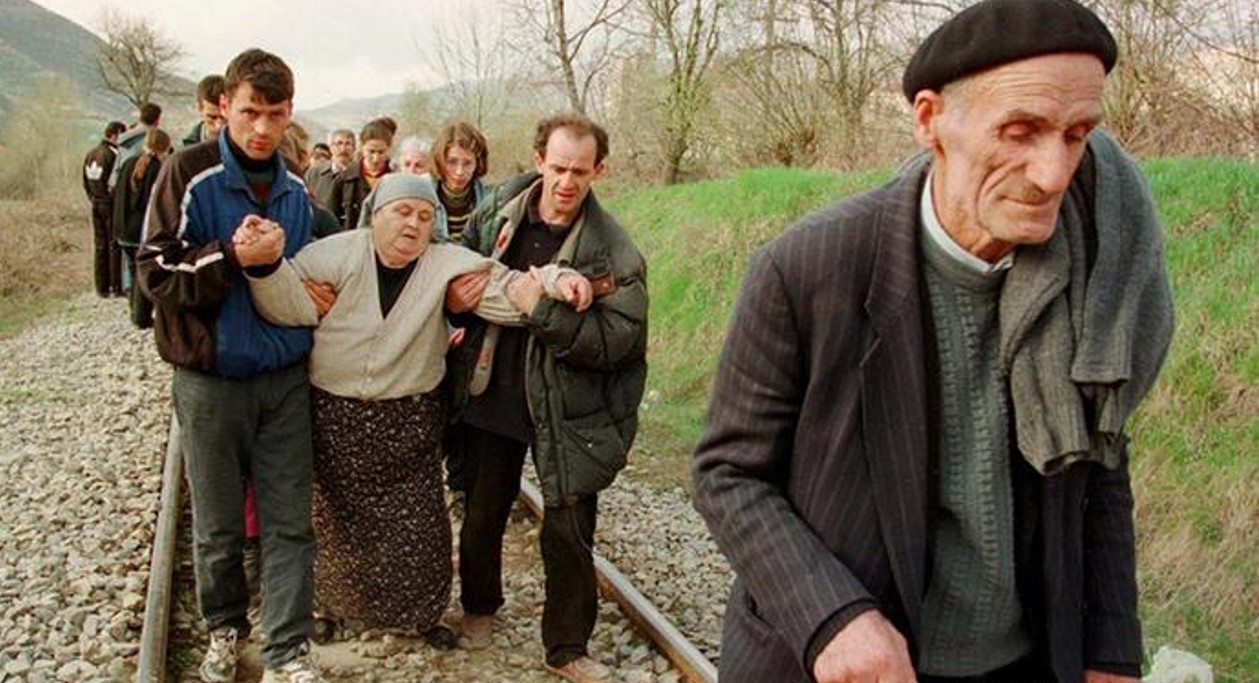
We help restore a sense of home to some of the more than 1.5 million civilians displaced by armed conflict, ethnic cleansing, and aerial bombings in the former Yugoslavia.
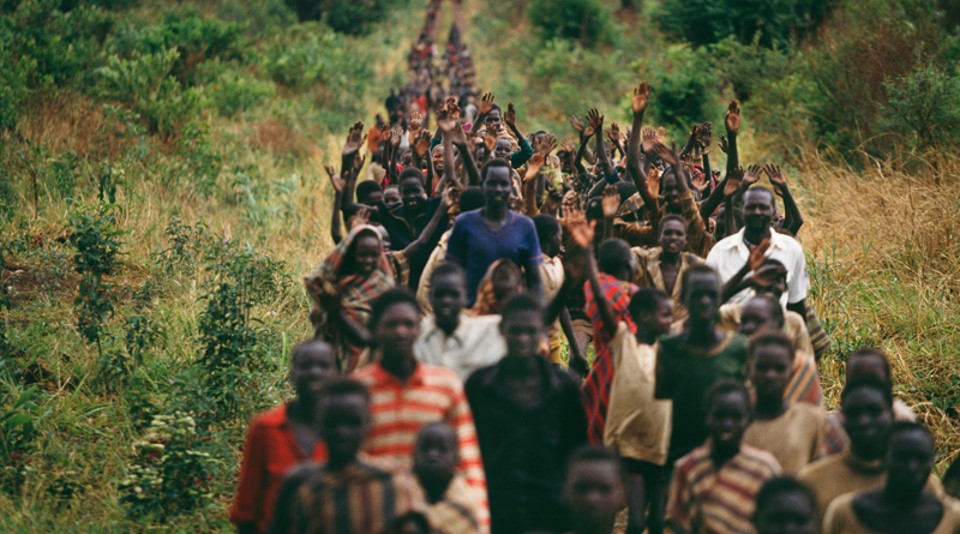
We begin welcoming the “Lost Boys and Girls” — young Sudanese refugees separated from their families while fleeing civil war.
LIRS is one of only two organizations called upon by the U.S. Government to address the family separation crisis at the U.S.-Mexico border.

LIRS responds immediately to the fall of the Afghan government to Taliban control, resettling more than 14,000 Afghan evacuees in communities across the country.
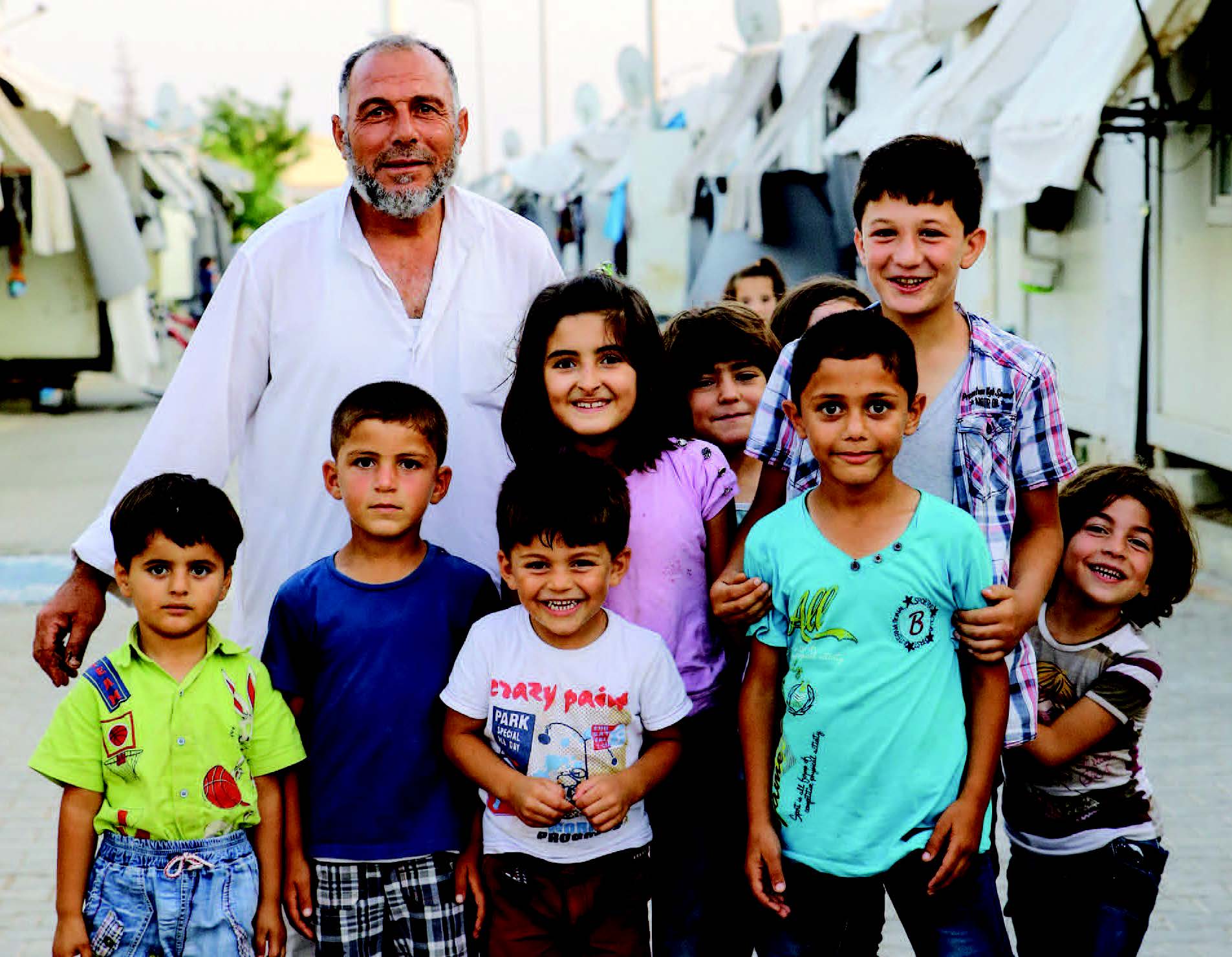
With the capacity to respond to crisis built into our DNA, our organization, now called Global Refuge, has the expertise and commitment to help newcomers not just survive, but thrive. We continue to focus on refugee resettlement, welcome and respite for asylum seekers, and family reunification and foster care–while also calling for action on climate disaster displacement and launching lending, career placement, and other innovative initiatives focused on inclusion and empowerment. We are more prepared than ever to open our arms in welcome. The work of the last 85 years is only the beginning.
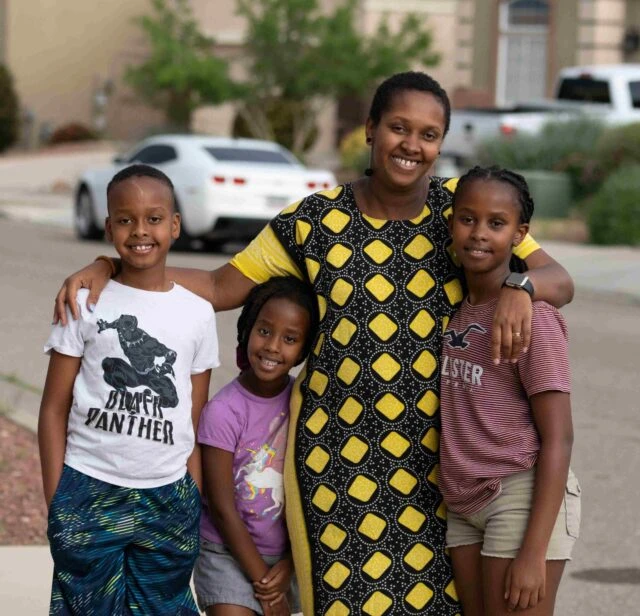
Explore the many ways to support Global Refuge.
Get InvolvedExplore the many ways to support Global Refuge.
Get Involved